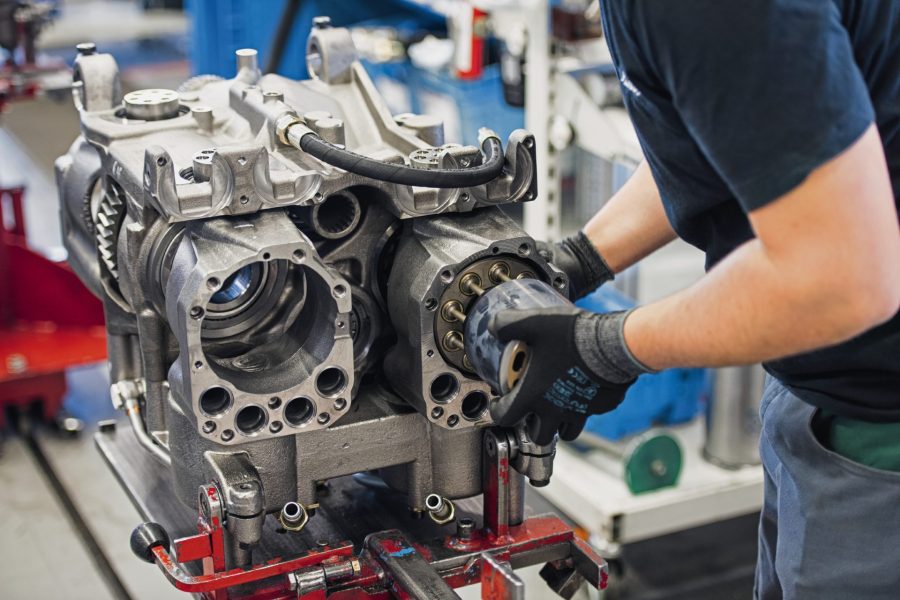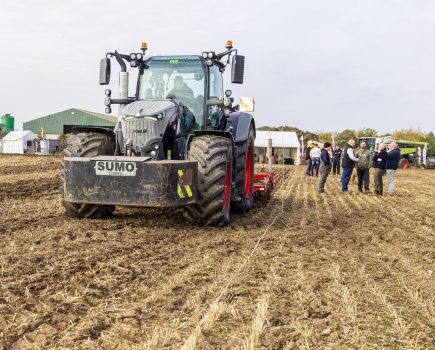European industry associations representing the off-road mobile machinery sector have called on the EU to adopt swift measures to disruptions caused by the Corona (Covid-19) pandemic.
In a joint letter sent today to the European Commission, the associations, which include CEMA, the European agricultural machinery industry association, have asked for a moratorium on 2020 and 2021 engine emission deadlines for agricultural vehicles.
Under the current timeframe, this year is an important one for Stage V engines in the power brackets below 56kW/75hp and over 130kW/174hp.
As things currently stand, manufacturers have until June 30, 2020, to fit Stage V engines to these machines in the transition phase, and until December 31, 2020, to have them on sale in the EU. Identical deadlines apply in 2021 for machines in the power range from 56kW/75hp to 130kW/174hp.
The associations point out that the Covid-19 outbreak has caused massive interruptions to the supply of parts and components. This was the case in China for several weeks and is now starting for other components from Italy and other EU member states.
As the pandemic progresses, further interruptions, including government-imposed lockdowns, are being implemented, are planned or expected in Europe and in the US. Just take a look at the other profi news stories to see the number of manufacturers affected.
Without essential parts like tyres, axles, hydraulics, lighting and electronic equipment, manufacturers are effectively prevented from completing the construction of tractors and self-propelled machines by the imposed deadlines.
As a result, it will no longer be possible for them to use the transition engines they have already acquired, which will have to be scrapped. This will lead to avoidable economic damage and unnecessary waste of raw materials and resources, is the message.
“The situation is critical,” says CEMA secretary general, Jerome Bandry. “A temporary moratorium must be granted, with deadlines postponed until the situation can be reassessed. The measure would prevent further economic damage caused by the Covid-19 pandemic to our manufacturing industries and the jobs that depend on them.”






